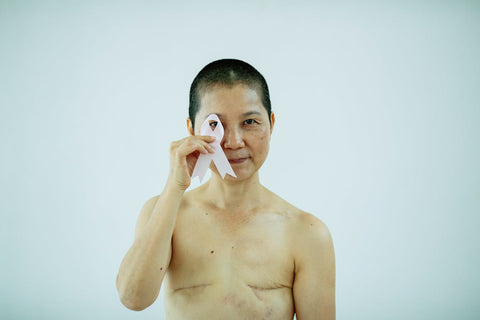Having cancer can be a very difficult and scary time. You may feel like you have no control over what is happening to your body. But there are things that you can do to take back some control.
Many cancer treatments can help you feel better and may even treat cancer. But the medical field is always evolving, and new cancer treatments are being developed all the time.
Health professionals need to test them to make sure they are safe and effective. Afterward, they can make those treatments available to the public. That's where cancer clinical trials come in.

What Are Cancer Clinical Trials?
Cancer is one of the leading causes of death worldwide. Clinical trials are crucial in the development of new treatments.
Cancer clinical trials test the safety and effectiveness of those emerging procedures. New cancer treatment may include drugs, surgery, radiation therapy, and more.
By taking part in a cancer clinical trial, you help current and future cancer patients. You help widen treatment options for you and others.
Cancer clinical trials are conducted in phases. Each phase has a different purpose and helps researchers answer important questions.

Phase I Trials
Phase I trials test a new treatment in a small group of people (usually 20-80). Providers do that to test its safety, determine a safe dosage range, and identify side effects.
Phase II Trials
Phase II trials test the new treatment in a larger group of people (usually 100-300). Here, researchers will see if it is effective and to further check its safety.
Phase III Trials
Phase III trials compare the new treatment with the current standard treatment. They involve large groups of people, usually 1,000-3,000. They are also usually randomized, meaning people are randomly assigned to treatment groups.
Phase IV Trials
Phase IV trials start after the FDA approves a new treatment. By this time, the general public is already using it. These trials further test the safety and effectiveness of the new treatment.

Eligibility for Cancer Clinical Trials
Clinical trials happen all over the world. Also, cancer patients who meet the eligibility criteria can take part. Eligibility criteria vary from trial to trial and may include factors such as:
- Age
- Type and stage of cancer
- Risk factors
- Previous treatment history, and
- Overall health
You can also consult the National Cancer Institute to learn about NCI-supported clinical trials.
What to Expect If You Take Part in a Cancer Clinical Trial
If you decide to take part in a cancer clinical trial, you will work closely with a team of different health care professionals. The team will provide you with all the information you need to make an informed decision.
If you decide to join, you will receive specific instructions on how to take the new treatment. Your providers will also tell you what side effects to expect. They will ask you to sign a consent form outlining the risks and benefits of participating.

Making the Decision to Take Part in a Cancer Clinical Trial
The decision to take part in a cancer clinical trial is a personal one. You should only join if you feel comfortable with the risks and benefits.
Before you make a decision, you must learn as much as you can about the clinical trial. That includes learning about its purpose and how it will happen. You should also know about the side effects you may experience.
You should also talk to your doctor or another member of your health care team about your decision. They can answer your questions and help you weigh the risks and benefits.
You may also want to talk to family and friends about your decision. They can provide support and help you think about the pros and cons of joining.
Health Quest 365's Organic Greens 365 can help you take care of yourself as you prepare for the clinical trials process.
